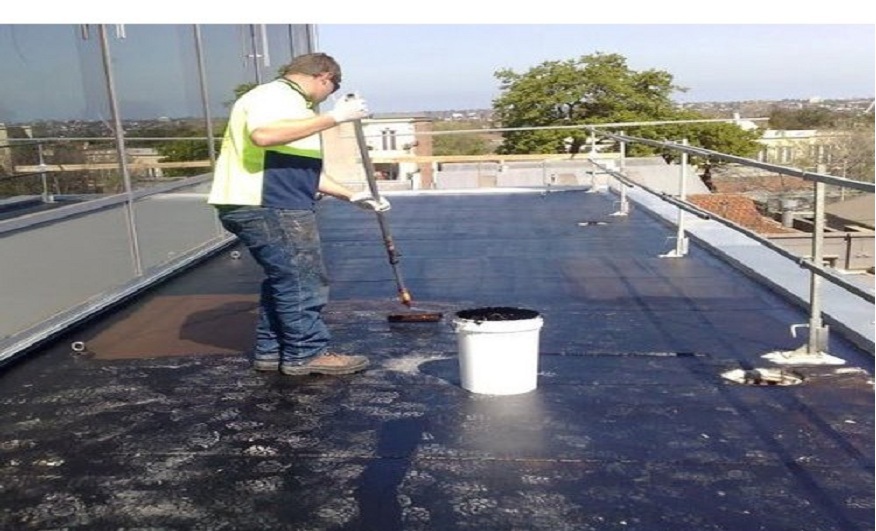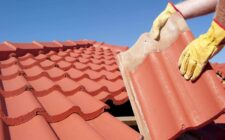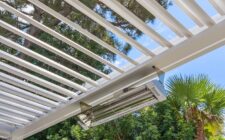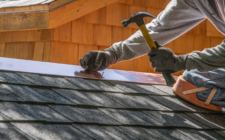When it comes to protecting your home from the harsh Singapore weather, there is no better option than roof water-proofing. Not only does this process keep your house safe from water damage, but it also keeps you and your family warm in the cold winter months.
1: What is Roof Waterproofing?
Roof waterproofing is the process of sealing and protecting the roof surface from water damage. A properly sealed roof can prevent leaks, reduce energy costs, and prolong the life of a roof. Roof-waterproofing can be done in a number of ways, including using sealants, membrane systems, or coatings.
2: Why Should You Have Your Home Roof Waterproofed?
A roof is one of the most important parts of a home, as it provides shelter from the weather and can play an important role in your home’s overall security. A properly installed and maintained roof can also help keep your home comfortable in hot weather and protect it from potential damage in inclement weather.
There are several advantages to waterproofing your home’s roof. In the summer, a properly sealed roof may help keep your house cooler by preventing heat from entering and escaping. Additionally, a properly waterproofed roof helps shield your home from strong winds and rain, which can harm houses severely if not swiftly repaired.
It’s crucial to get your roof waterproofed by a skilled professional contractor if you want to preserve your investment and reap all the advantages of a well sealed roof. Contact Roof Doctors today for a free consultation so that we can assess what type of water-proofing solution is best for you!
3: How Does Roof Waterproofing Work?
Roof waterproofing systems work by sealing the roof surface against water intrusion. This can be done through a variety of methods, including asphalt shingles, metal roofs, and membrane roofing. The most common method is asphalt shingle roofing, which is a popular choice for homes and businesses because it’s affordable and easy to install.
Asphalt shingle roofs are made up of small, thin pieces of plastic that overlap each other like tiles. These pieces are attached to the roof using adhesive and then sealed together with a layer of paint or sealant. When it rains, water runs off the shingle surface and collects in the valleys between the tiles. Because asphalt shingles are so thin, this water can easily penetrate the surface and enter your home or business through leaks in the roof system.
To prevent this from happening, Roof Waterproofing Systems use two main methods: infiltration barriers and liquid sealants. Infiltration barriers are layers of material that are placed between the shingles and the underlying substrate (usually tar or gravel). They help to block water from entering through tiny cracks in the shingle layer and into your home or business. Liquid sealants are a type of sealant that is applied to the shingle surface. They help to keep water from penetrating the shingle and entering your home or business.
Both types of roof waterproofing systems require regular inspection and maintenance to ensure that they’re effective and protecting your property. If you notice any leaks, call Roof Doctors right away to schedule a repair or replacement. You won’t regret it!
4:What Are The Benefits of Having Your Home Roof Waterproofed?
There are many benefits to having your home roof water-proofed. This can protect your home from water damage in the event of a rainstorm or storm, and it can also protect your home from potential damage if there is an earthquake or other natural disaster. Additionally, having your roof waterproofed can make it easier to keep your home cooler in summer months and warmer in winter months, as water will not be able to enter the home as easily. Finally, having a waterproof roof can save you money on energy bills over time since water will not be able to cause extensive damage to insulation or other components of the building.
5:Is There Any Risks Involved With Having My Home Roof Waterproofed?
There are always risks involved when any kind of home improvement is undertaken, but roof waterproofing in particular can be a complex and expensive project. Before you commit to a roof waterproofing service, be sure to ask your contractor about any potential risks that may come with the job. Some of the most common risks include:
1) Rupture or Leakage of the Roof Covering: One of the most crucial aspects of roof waterproofing is making sure that the coating and sealant you apply to your roof is correctly bonded and does not break or leak. If this does place, water will seep through the covering and into the structure of your property, perhaps resulting in damage.
2) Damaged Roof Structure: Waterproofing can also cause damage to your roof’s structural components such as rafters, gables, or shingles. This can lead to increased maintenance costs down the road as well as potential leaks that could further damage your property.
3) Unnecessary Costs: Not all areas of a home are protected by a roof; so if water penetrates an unprotected area such as a attic or crawlspace, then you may end up paying for repairs that you may not have needed.
4) Exposure To Disease and Weather: Roof waterproofing can also increase your home’s exposure to both weather and disease. By sealing off the roof, you are essentially creating a “sink” for rainwater and other liquids to collect, which can lead to water damage, mold growth, and other health risks.
Before making any decisions about roof waterproofing in Singapore, be sure to consult with a qualified contractor who will be able to provide you with an estimate for the job as well as outline any potential risks involved.




